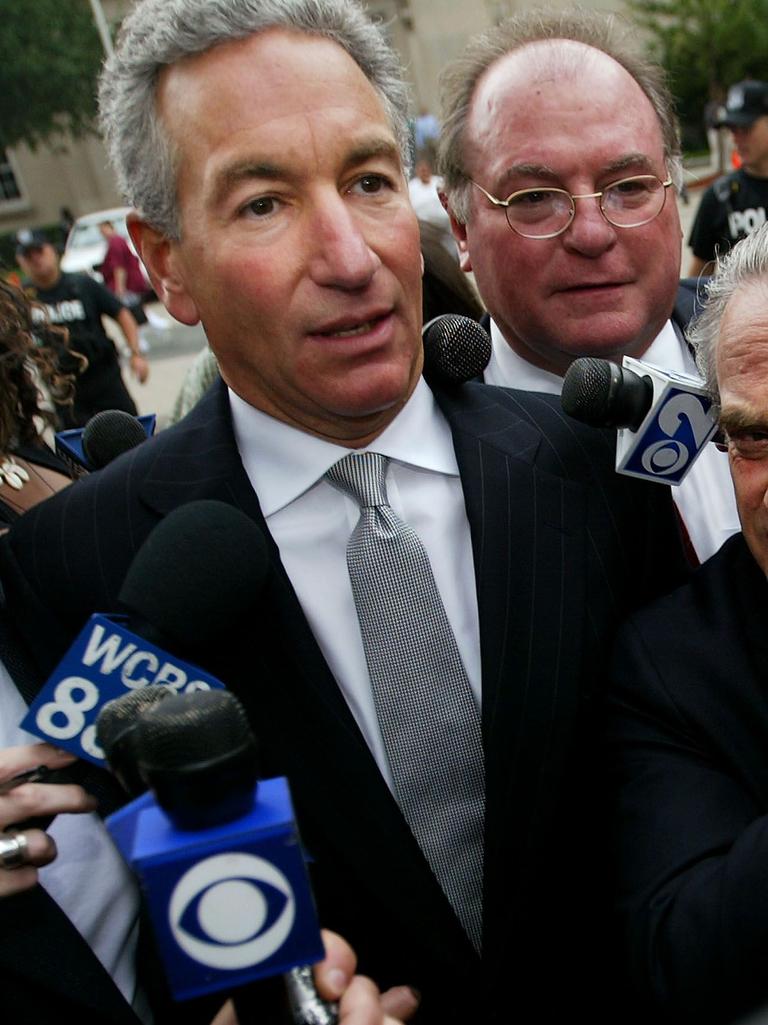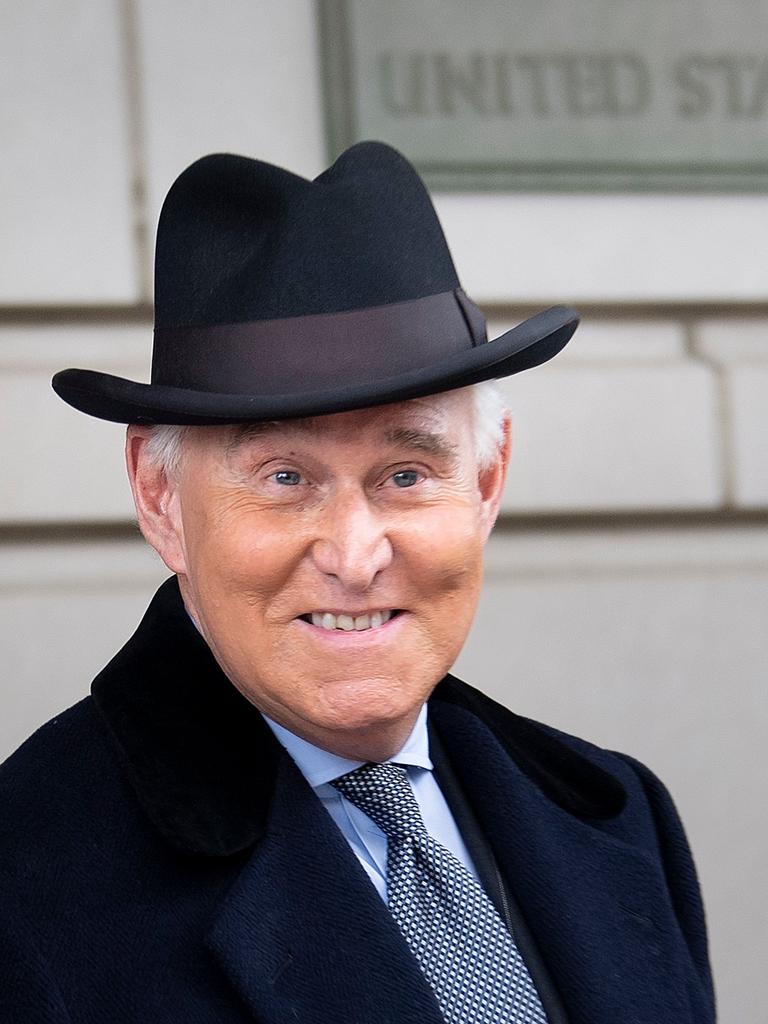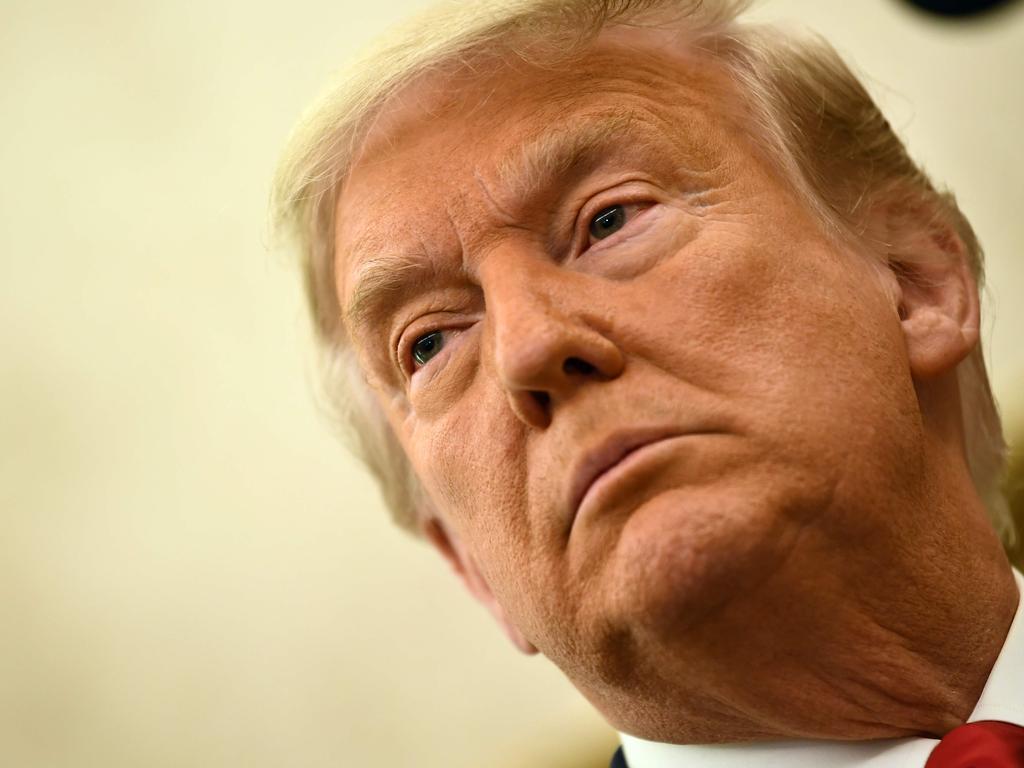Donald Trump pardons Roger Stone, Charles Kushner and Paul Manafort
The US president continues to grant sweeping pardons in his final days of office, with some of his closest allies today scoring clemency.
Donald Trump continues to use his final days in office to grant pardons to his closest allies.
The president’s former campaign chairman Paul Manafort, who was convicted as part of Robert Mueller's investigation into Russian interference in the 2016 US election, was pardoned.
Charles Kushner, the father of his son-in-law Jared Kushner, and his business associate Roger Stone, were also granted clemency.
Manafort took to Twitter to thank the president.
Mr. President, my family & I humbly thank you for the Presidential Pardon you bestowed on me. Words cannot fully convey how grateful we are.
— Paul Manafort (@PaulManafort) December 24, 2020


RELATED: Trump pardons aides, convicted killers
RELATED: US faces nightmare government shutdown
Manafort was facing seven and a half years in jail for his involvement in the Russian interference.
And Stone was pardoned just months after he was due to serve a three year and four month prison sentence for lying to Congress under oath. Stone was convicted by a jury in November 2019 for his involvement in the 2016 election however Mr Trump commuted his prison sentence in July.
Kushner was sentenced to two years in prison after pleading guilty to 18 counts of tax evasion in 2004, witness tampering and making unlawful campaign donations.
The trio are among 49 pardons issued by Mr Trump, with the US president scheduled to leave the White House next month.
However the pardons of the three men didn’t sit well with a lot of people.
Retired US general Mark Hertling, who served in Iraq, lashed the pardons as the latest example of a president who “cares nothing for the rule of law”.
Pardons now for Manafort, Stone, Charles Kushner.
— Mark Hertling (@MarkHertling) December 24, 2020
Our President again confirms he is a disgusting, self-serving individual who cares nothing for the rule of law.
Mr Trump’s pardons have been the subject of angry backlash recently, with the US president granting clemency to corrupt Republican congressmen and security guards convicted of killing 14 civilians in a 2007 Baghdad massacre.
Following the pattern of earlier announcements, Mr Trump extended executive clemency Tuesday to people who showed strong political support for him, and former soldiers and law enforcement officials convicted of murder in on-the-job shootings.
Iraqis expressed outrage and sadness after Mr Trump delivered pardons for the four Blackwater security contractors who were convicted of murder and manslaughter six years ago for the Nisur Square massacre.
The four, all former US servicemen, opened fire unprovoked on the crowded square in 2007, leaving at least 14 civilians dead — though Iraqi authorities put the toll as high as 17 — while wounding dozens more and deeply souring US-Iraqi relations.
Former US general Mark Hertling called the Blackwater pardon “egregious and disgusting.”
“This was a craven war crime that resulted in the death of 17 Iraqi civilians. Shame on you Mr President,” Hertling tweeted, using the higher death toll.

Mr Trump also extended pardons to two men convicted in the Russia election meddling investigation of his 2016 campaign, and granted clemency to three former Republican politicians that watchdog group Citizens for Responsibility and Ethics in Washington called “three of the most corrupt Members of Congress in recent history.”
All five have been vocal supporters of Mr Trump.
“The message Trump has sent tonight is clear: no matter how awful your crime was, justice does not apply to you if you are loyal to him,” CREW said.
According to an analysis by Harvard University law professor Jack Goldsmith and an assistant, Matthew Gluck, at least 42 of the 65 pardons Mr Trump has issued so far were “to advance a political agenda,” while only five were recommended by the official White House pardons lawyer.
Mr Trump is believed to be weighing other pardons including members of his family, his personal lawyer Rudy Giuliani, and potentially himself, to protect from potential litigation after he steps down on January 20.
That could spark fresh outrage, though would likely be difficult to reverse.
— with Wires




